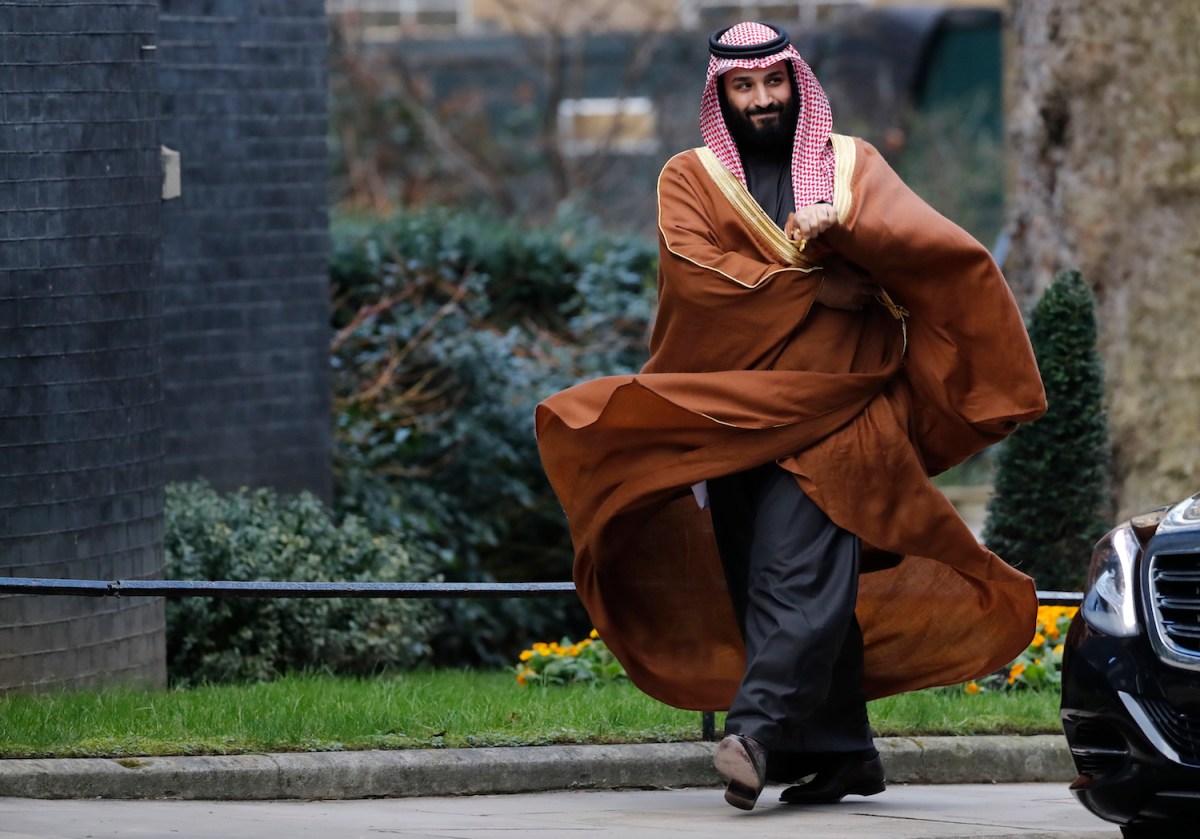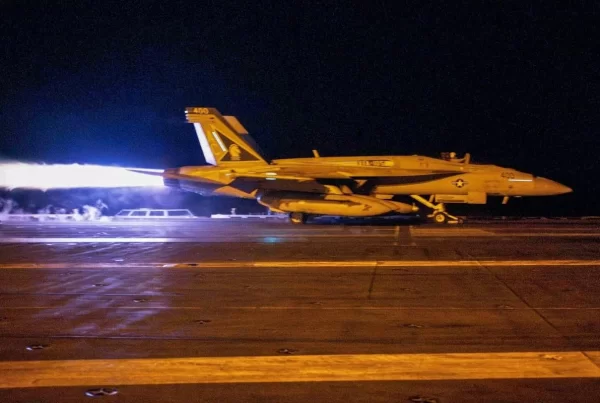‘If MBS thought he was going to get $2 trillion for the Aramco IPO, he can forget that now’
A year and a day after the murder of Saudi Arabia’s most prominent critic in exile, Crown Prince Mohammed bin Salman offers investors neither stability nor rule of law.
No single event drove that home during his tenure more than the September 14 attack on Saudi Aramco facilities in the northeast of the country.
Despite spending billions of dollars on US arms and defense systems, the kingdom was unable to halt a precision attack by drones and missiles, which knocked out 50% of its production capacity.
With its Patriot missile defense systems focused south toward Yemen, whose Houthi rebels have steadily improved their rocket and drone capabilities over the course of the Saudi-led war, the Saudis appeared to have been taken off guard by the possibility of an attack from Iran to the north.
The Houthis claimed the attack, but the United States, and separately Germany, France, and the UK, assessed that it came from Iran.
Asked why Iran would attack Aramco, the 34-year-old Prince Salman attributed the attack to “stupidity” on the part of his rival, an assessment which could not be farther from reality.
In fact, the calculated attack elicited scant reaction from the White House, with President Donald Trump touting US energy independence and brushing off calls for a military strike against Iran.
Interviewed on 60 Minutes Sunday, Bin Salman — who also holds the post of defense minister — continued to insist the attack was one on global oil supplies, which demanded a firm response from allies.
None is coming.
In the wake of the attack, Reuters reports that some in the Saudi elite have lost confidence in MBS to the extent that they are pegging their hopes on the insertion of Prince Ahmed bin Abdulaziz, the brother of King Salman who was recalled to the kingdom during the global backlash over Jamal Khashoggi’s murder.
$2 trillion fantasy
Saudi Aramco, the world’s most profitable company and arguably the best-run in Saudi Arabia, currently faces grave security threats that appeared nonexistent when MBS came to power.
The September 14 attack “demonstrates the vulnerability of the kingdom’s key assets — a key oil field and the world’s largest processing plant,” said James M. Dorsey, senior fellow at Singapore’s S. Rajaratnam School of International Studies and Middle East Center.
If it was indeed the Houthis that carried out the operation, “this is the first time that a non-state actor has successfully struck at core oil facilities,” Dorsey told Asia Times. “If it was the Iranians, then it clearly is a significant escalation,” he added.
The planned 5% initial public offering of Aramco, meant to be the lynchpin of the crown prince’s plan to overhaul the economy from oil to Uber, is in greater doubt than ever.
“If MBS thought he was going to get $2 trillion for the IPO, he can forget that now,” said Dorsey.
The New York-based credit ratings agency Fitch on Monday downgraded the kingdom from A+ to A, citing not only the latest attack but also the country’s financial situation.
“The downgrade reflects rising geopolitical and military tensions in the Gulf region, Fitch’s revised assessment of the vulnerability of Saudi Arabia’s economic infrastructure, and continued deterioration in Saudi Arabia’s fiscal and external balance sheets,” it said.
In a tacit acknowledgment of their vulnerable position, the Saudis are inching closer to talks with Iran, a step unthinkable just two years ago when MSB forswore any such possibility.
Court of yes-men
To entice foreign investors in a worsening regional climate, Riyadh is set to pledge $75 billion in annual dividends and to slash taxes on Aramco — despite its dependence on oil revenue to fund its budget, and despite already having lowered the tax rate from 85 to 50% two years ago, the Financial Times said Monday.
The wealthiest individuals in the country, $100 billion poorer after the 2017 Ritz-Carlton shakedown, are meanwhile being pressured to act as anchor investors, multiple outlets have reported.
The push to achieve the $2 trillion valuation sought by the crown prince, and his desire for the IPO to happen as soon as possible despite persistently low oil prices, appears to be guiding these steps and their pace.
Even as international bankers flock to get their share of the commission, internal dissent on the issue has been silenced.
Essam al-Zamel, a prominent Saudi economics writer who warned that a $2 trillion valuation would necessitate the inclusion of the kingdom’s precious reserves, has been detained since September 2017.
He was charged with terrorism on 1 October 2018, just one day before Khashoggi’s murder. Like the closed trials for Khashoggi’s lower-ranking killers, the prosecution of women’s rights activists and clerics, and the interrogations of businessmen at the Ritz-Carlton, there is no hint of transparency regarding Zamel’s case.
In recent weeks, the crown prince appears to have sought to get his IPO back on track after repeated delays, elevating a close ally to the helm of Aramco and his half-brother to head the Ministry of Energy.
For Farea al-Muslimi, a veteran Yemeni activist and co-founder of the Sanaa Center for Strategic Studies, the promotion of yes-men and quashing of independent voices in Saudi Arabia and across the region should be seen as cause for alarm.
“Perhaps the greatest danger the Arab world faces today,” he wrote, “is that there will be no one left to shout, write or sing that the king is naked.”






